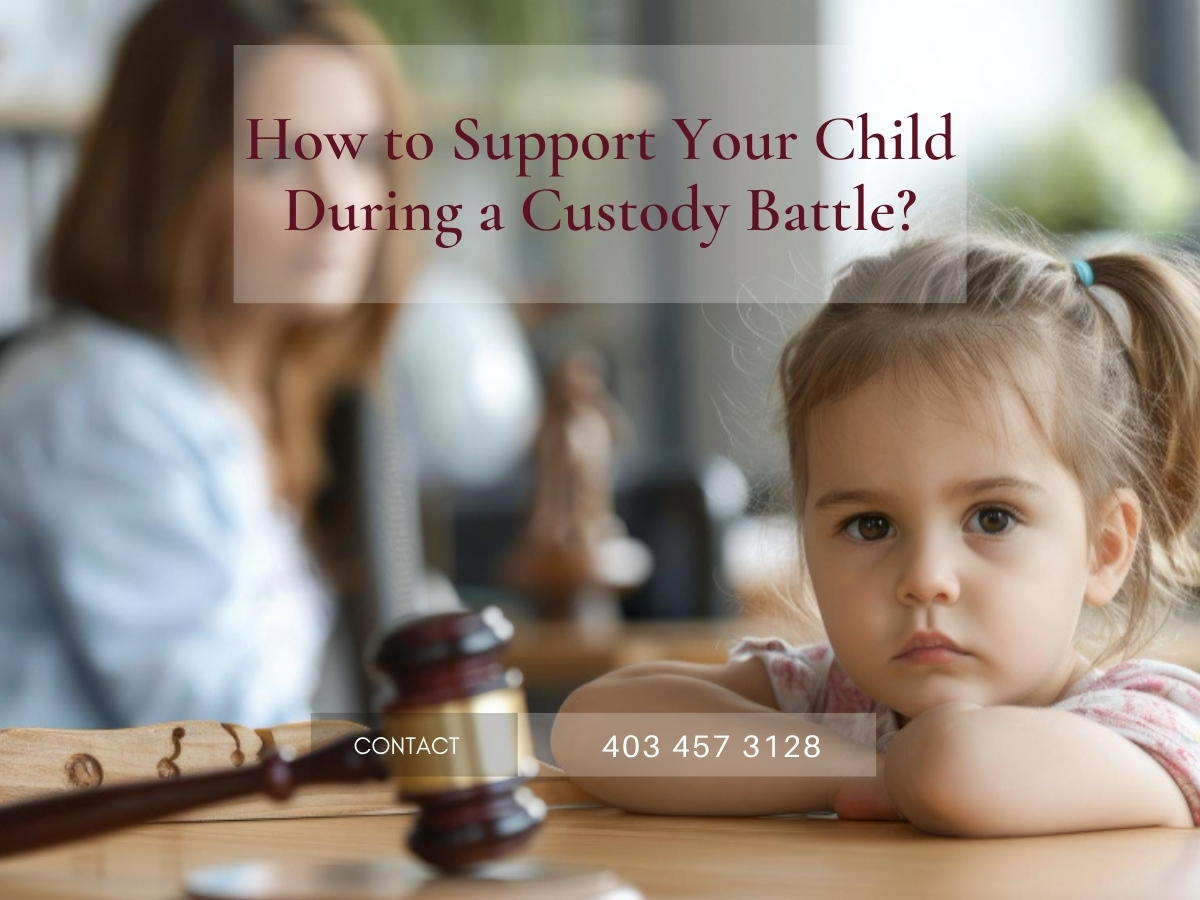
Custody battles are often overwhelming for parents. However, the children involved carry the deepest emotional burden. They may feel confused, anxious, or even guilty about the situation. As a parent, your role goes beyond legal decisions. You need to protect your child’s well-being in both the short term and long term.
This guide explains practical ways to support your child during a custody dispute.
Children thrive in stable and loving environments. A custody battle can disrupt routines and create uncertainty. Putting your child’s needs at the center helps them adapt to changes. It also prevents long-term emotional harm.
Your child’s mental health should always be a priority. The way you handle the situation now can affect their confidence, self-esteem, and relationships later in life.
Short-term support focuses on helping your child cope with immediate stress during the custody process.
Children find comfort in consistency. Keep meal times, school schedules, and bedtime routines as regular as possible. Predictability provides a sense of safety.
Children may worry that they caused the separation or that one parent will leave them. Remind them often that both parents love them and that the situation is not their fault.
Explain what is happening in age-appropriate terms. Avoid legal jargon or unnecessary details. Your child doesn’t need to know court strategies; they only need reassurance.
Do not argue about custody matters in front of your child. Avoid negative talk about the other parent. Protecting them from adult conflict reduces emotional stress.
Long-term support involves strategies that nurture your child’s resilience and emotional health. It also gives them the ability to adapt after the case.
Unless there are safety concerns, children benefit from strong bonds with both parents. Encourage open communication and visits. Show your child that love is not divided but shared.
Consider professional support, such as child therapists or counselors. Therapy can help children process emotions and build coping skills for the future.
Children watch how you handle stress. By healthily managing your own emotions, you teach them resilience.
After custody is settled, create a stable environment with clear routines and expectations. Stability reduces lingering anxiety and supports healthy development.
Spend quality time with your child, even in small ways like reading together or taking walks.
Allow your child to express their feelings without judgment.
If custody involves switching homes, make the process smooth with a consistent schedule.
Birthdays, school events, and achievements matter. Attend them when possible.
Supporting your child also means avoiding harmful behaviours.
Children don’t always say how they feel. Watch for signs that they may be struggling.
If you see these signs, it may be time to talk with a counselor or healthcare professional.
Even in difficult times, working with your co-parent can ease your child’s stress.
When both parents cooperate, the child feels more secure.
Sometimes, extra support is essential. Family therapists and child psychologists can provide help for both parents and children.
A professional can:
Seeking help is not a weakness. It is a strong step to protect your child.
While you focus on your child’s emotions, you also need to protect their future legally. A custody lawyer ensures that parenting arrangements reflect your child’s best interests.
They can help with:
Supporting your child during a custody battle requires patience, love, and awareness. By keeping routines stable and listening to their concerns, you give them the strength to cope now and in the future.
Working with an attorney ensures that both your child’s best interests are protected. With the proper guidance, your child can build a stable future beyond the custody battle.
If you are looking for a reliable family lawyer in Calgary, THEBIL Family Law is here to help. Contact us to schedule a consultation with your family lawyer.





